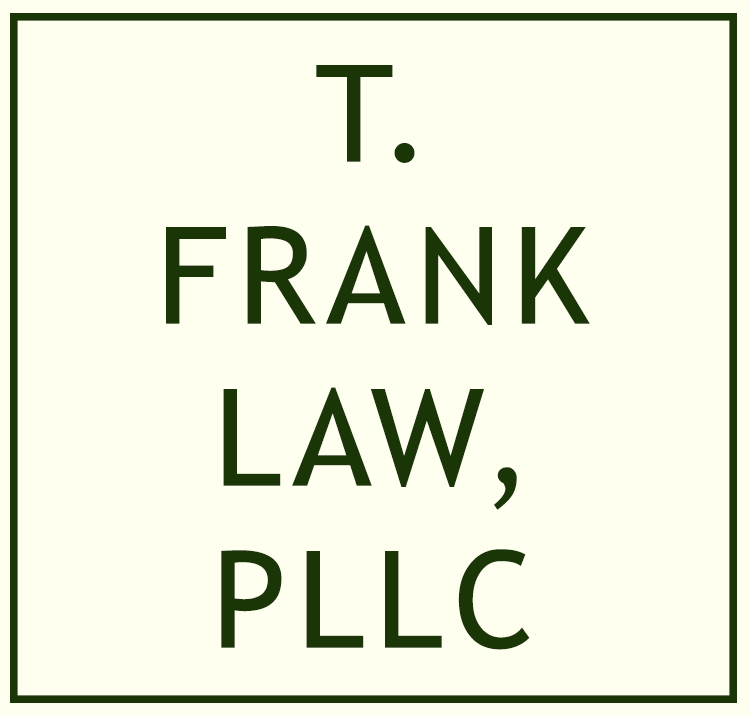What Happens If You Die Without a Will in Massachusetts?
When someone passes away without a will, it’s called dying “intestate.” In Massachusetts, this means the Commonwealth decides how your assets are distributed—not you. For many families, this can lead to confusion, unintended outcomes, and even disputes.
So what exactly happens if you die without a will in Massachusetts? Here’s what you need to know.
1. Massachusetts Intestacy Laws Take Over
If there’s no valid will, the Massachusetts intestacy statute (M.G.L. Chapter 190B) determines who inherits your assets. These laws follow a strict order of priority, typically based on your legal relationship to surviving family members.
Here’s a basic breakdown of who gets what under Massachusetts law:
▶ If you’re married:
With no children and no living parents: Your spouse inherits everything.
With children (shared with your spouse): Your spouse inherits everything.
With children from another relationship: Your spouse and children split your estate.
With living parents but no children: Your spouse and your parents split the estate.
▶ If you’re unmarried:
Your children inherit everything equally.
If you have no children, your parents inherit.
If no parents are living, your siblings inherit.
If no siblings, it goes to more distant relatives.
2. The Court Will Appoint a Personal Representative
Without a will naming an executor, the probate court will appoint someone (often a surviving spouse or adult child) to serve as your estate’s Personal Representative. This person is responsible for:
Gathering and valuing your assets
Paying debts and taxes
Distributing the estate according to state law
Even if you trust your family to “figure it out,” this process can be time-consuming, stressful, and public.
3. Minor Children and Guardianship
One of the most important reasons to have a will is to name a guardian for your children.
If you die without one, the probate court will decide who raises your children based on what it determines to be in their best interest. While the court aims to make a thoughtful decision, it may not be the person you would have chosen.
4. Unintended Consequences Are Common
Without a will:
A partner you’re not married to may receive nothing.
A child from a previous relationship may be accidentally excluded.
A family member you’re estranged from could inherit a share of your estate.
And if no eligible heirs can be found? Your estate could “escheat” to the Commonwealth—meaning the state keeps your assets.
5. Avoiding Intestacy Is Simple with a Will
Creating a will puts you in control. You decide:
Who gets what
Who manages your estate
Who will care for your children
How to minimize delays, taxes, and conflict
At T FRANK, PLLC, we make it easy and affordable to create a plan that reflects your values and protects the people you love.
📞 Ready to Protect Your Family?
Whether you’re just starting out or revisiting an outdated plan, we’re here to help.
👉 Schedule a consultation today
Serving clients across Greater Boston and Cape Cod with personalized estate planning solutions. Call us at 617-702-2449
